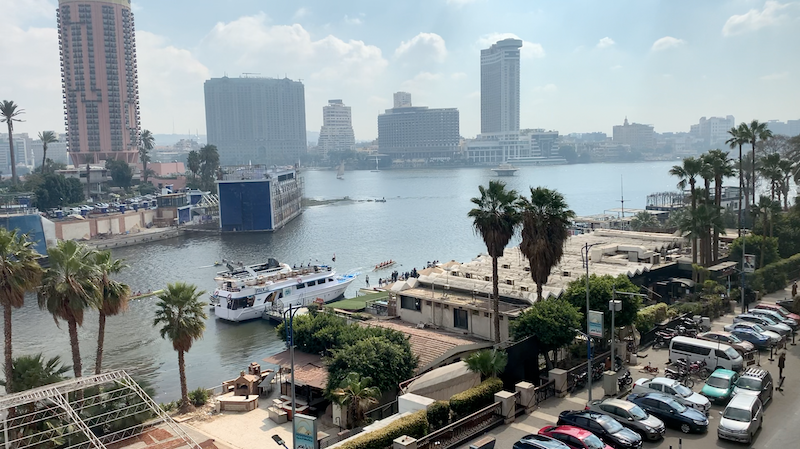Egypt is facing a financial crisis due to a number of endogenous and exogenous factors. To deal with this, the country is implementing reforms supported by the IMF, which has just disbursed $820 million to the country.
On 29 March 2024, the International Monetary Fund (IMF) announced that growth in the Egyptian economy is expected to slow to 3% for the 2023-24 financial year, before rising to 4.5% in 2024-25, due to the financial crisis facing the country.
This is due to a number of factors, including the covid-19 pandemic, the conflict in Ukraine and tensions in the Middle East. Recent attacks by Yemen’s Houthi rebels on ships in the Red Sea and Gulf of Aden have also contributed to a significant fall in dollar revenues from the Suez Canal, putting further pressure on the country’s economy.
Against this difficult backdrop, the IMF has stressed the importance of “decisive domestic policy action supported by a more robust external financing programme”. The first and second reviews of the Extended Fund Facility (EFF) highlighted the reform efforts undertaken by the Egyptian government.
IMF President Kristalina Georgieva welcomed the measures taken to correct macroeconomic imbalances, in particular the unification of the exchange rate and the reduction in demand for foreign currency. IMF staff approved a disbursement of 820 million dollars to the country, as well as an increase in the initial programme of around 5 billion dollars, bringing total IMF aid to 8 billion dollars.
As a reminder, Cairo and the Bretton Woods institution had reached an agreement on an aid programme worth 3 billion dollars over 46 months in December 2022. The aim of the programme is to preserve macroeconomic stability, restore shock absorbers and pave the way for inclusive, private sector-led growth.
However, the first two reviews of this programme have been postponed, due to delays by the Egyptian authorities in implementing certain delicate reforms such as full exchange rate flexibility.
In addition to the IMF financial programme, Egypt has received financial support from other multilateral financial institutions, namely the World Bank and the European Union, as well as from certain partners, notably the United Arab Emirates, which has injected 35 billion dollars of investment into tourism and urban projects.








Réagissez à cet article